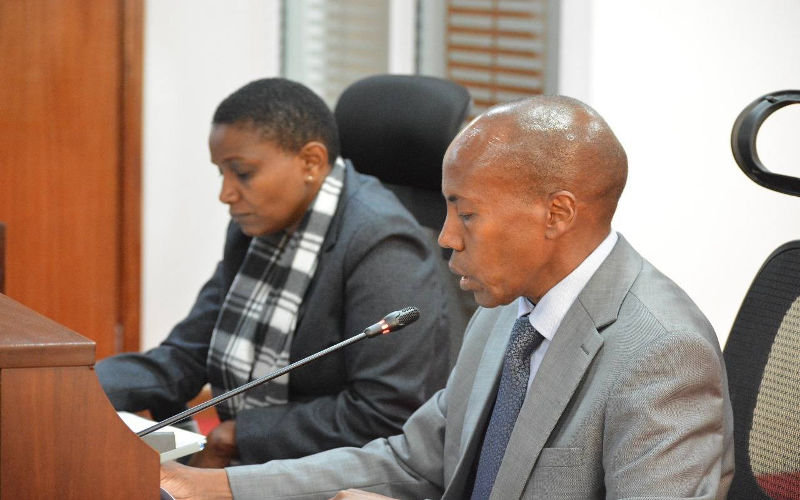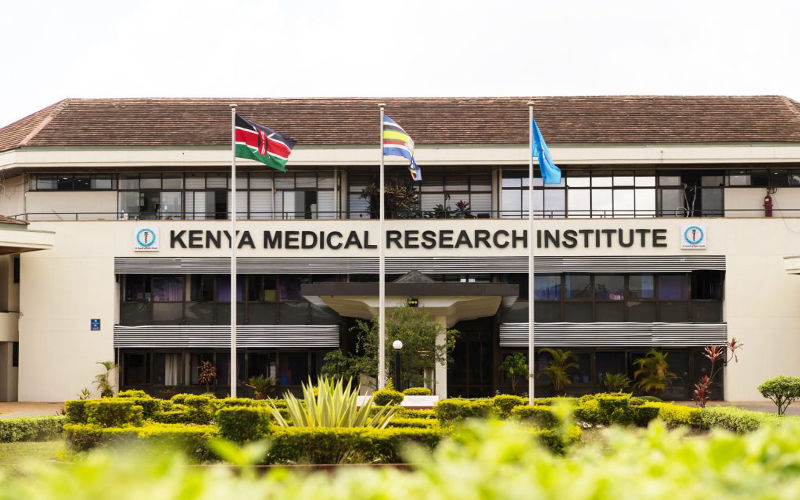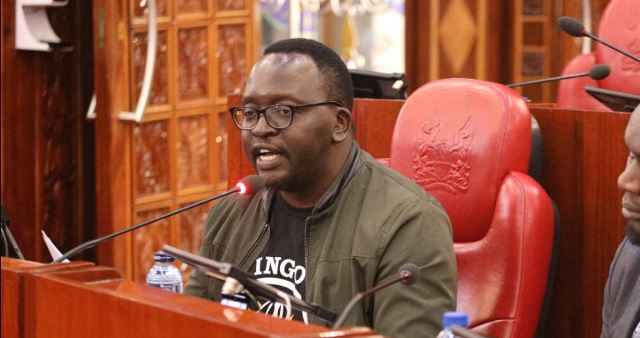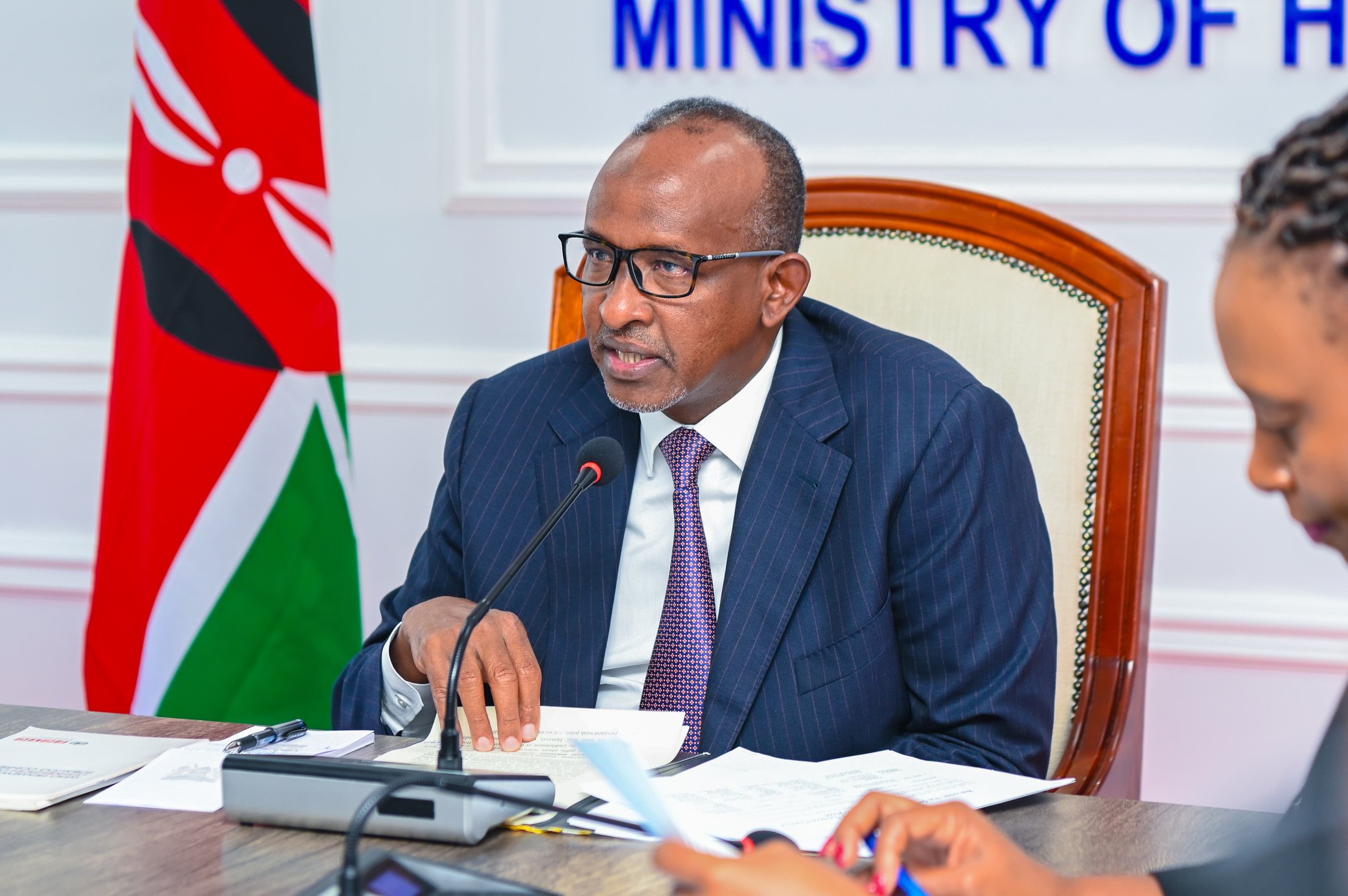First malaria treatment for babies a major step to ending the disease in Africa – Biochemist

The new drug marks a major milestone in the fight against malaria, offering life-saving treatment specifically designed for the youngest and most vulnerable—children under one year old and as small as 4.5kg.
Fortunate Mokoena, North-West University
More To Read
- KEMRI study finds widely used antiparasitic drug cuts malaria transmission by 26 per cent
- Malaria deaths in Kenya drop by 93 per cent over eight years, WHO says
- WHO pushes for new malaria, TB and HIV vaccines to benefit Kenya
- Sudan launches first malaria vaccine in landmark child health initiative
- African scientists warn of rising threats from malaria, dengue fever
- South Sudan launches new R21 Malaria vaccine to protect children
The first malaria treatment for babies and very young children from 2 months up to 5 years was approved for use by the Swiss agency for therapeutic products, Swissmedic, in early July 2025. Until now, babies and very young children have been treated with medicines formulated for older children.
The Conversation Africa asked Fortunate Mokoena about the significance of this approval and what it means for the battle against malaria in Africa. She is a biochemist working on the identification of novel therapeutics for diseases that disproportionately affect children under five, including malaria and pneumonia.
How important is this drug approval for malaria treatment in Africa?
This approval is profoundly important.
The WHO has set an ambitious and visionary goal to end malaria by 2030. This is a challenge that demands bold and multifaceted action: from insecticides and bed nets to vector control, vaccines, and effective treatments.
The new drug is a shining milestone on the journey to end malaria. It brings hope and tangible progress by delivering life-saving medicine, carefully designed for the youngest and most vulnerable — children under one year and as small as 4.5 kg.
Each step like this not only saves lives but also fuels the collective resolve to create a malaria-free Africa. That is, every child has the chance to grow, thrive, and dream without the shadow of this disease.
The future of malaria treatment in Africa is brighter than ever. This approval not only saves lives and secures a better future for Africa’s children, it also reinforces the tremendous potential of the continent.
Ending malaria could save countless lives and unlock an estimated $126 billion in Africa’s GDP — a transformative impact on both health and prosperity.
While Africa’s drug discovery ecosystem is still young, it is already showing great promise. Pioneers like Prof Kelly Chibale, whose groundbreaking antimalarial drug reached Phase II clinical trials, have shown what is possible.
Through the H3D Foundation, Chibale has brought together some of Africa’s finest scientific talent to focus on diseases like malaria and TB, fuelling innovation and hope.
This approval can serve as a powerful catalyst, inspiring and empowering African scientists to continue building the pipeline of life-saving medicines.
With growing expertise, determination, and vision, Africa is poised not just to treat malaria but to eradicate it. Also, in leading the way toward a healthier, more prosperous future for all.
What’s the scale of malaria among children in Africa?
Malaria remains one of the most pressing health challenges in Africa.
In 2023, there were an estimated 263 million malaria cases and 597,000 malaria deaths in 83 countries — the majority being young children and pregnant women.
In 2023, the WHO African Region was home to 94 per cent of malaria cases (246 million) and 95 per cent (569,000) of malaria deaths. Children under 5 accounted for about 76 per cent of all malaria deaths in the region.
The burden is heaviest in sub-Saharan Africa, particularly in rural areas where poverty and limited access to healthcare amplify the impact.
Yet, this is also a powerful call to action. By tackling malaria, Africans have the opportunity not just to save lives, but to unlock the immense potential of the children. Also, strengthen communities and build a healthier, more prosperous, and sustainable future for Africa.
How have babies been treated for malaria up until now?
The absence of effective malaria treatment options specifically tailored for neonates creates a significant gap in care for the youngest and most vulnerable children.
It’s heartbreaking that these precious little ones are often given medications designed for older children. This can lead to uncomfortable side effects and toxic reactions.
It’s essential to understand that children’s bodies and their unique physiological needs differ greatly from those of adults. They demand a more personalised approach to their care.
For instance, neonates are still developing their liver function, which impacts how they metabolise medications when compared to older infants. This highlights the urgent need for personalised treatment strategies in the fight against neonatal malaria.
What are the likely hurdles ahead of the rollout?
Swiss Medic is collaborating with eight African nations to enhance drug rollout through a global health initiative. Novartis, with the support of Medicines for Malaria Venture, developed the drug.
It was co-funded by the European & Developing Countries Clinical Trials Partnership and the Swedish International Development Cooperation Agency. Novartis will introduce Coartem Baby, a not-for-profit malaria treatment for infants, addressing the urgent need for such solutions, as 30 million children are born in areas of malaria risk in Africa each year.
It has already been rolled out in Ghana, while eight others are expected to approve soon. These are Burkina Faso, Côte d’Ivoire, Kenya, Malawi, Mozambique, Nigeria, Tanzania and Uganda.
Additional funding for the rollout is essential, and leveraging local expertise can improve outcomes.
In some regions, formulations may need lyophilisation to cope with conditions like power cuts. Lyophilisation, also known as freeze-drying, is a form of product preservation that removes all moisture and water from the product.
The Conversation
***
Fortunate Mokoena, Senior Lecturer, Biochemistry, North-West University
This article is republished from The Conversation under a Creative Commons license. Read the original article.
Top Stories Today











































